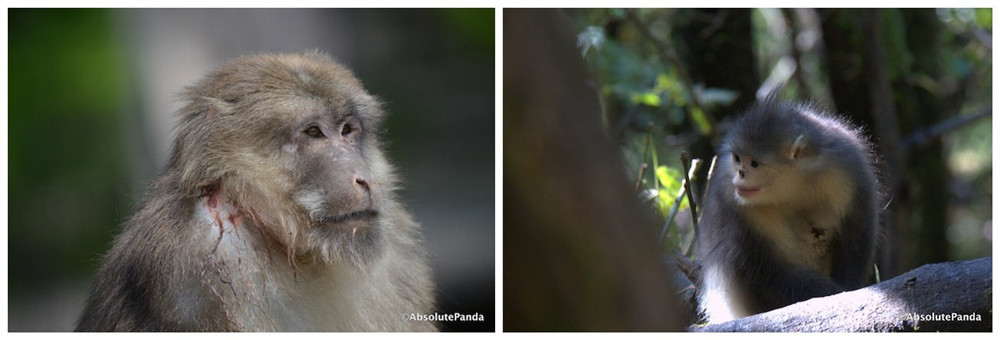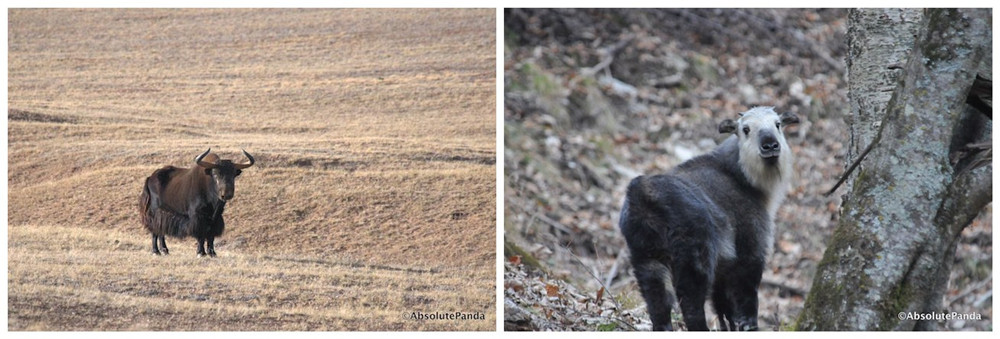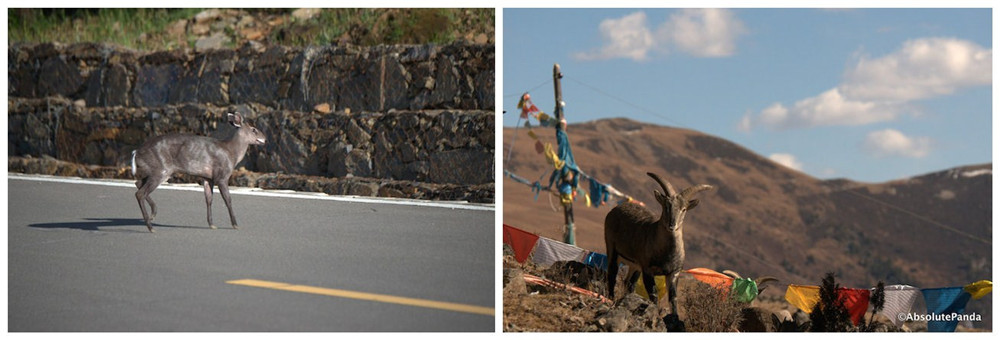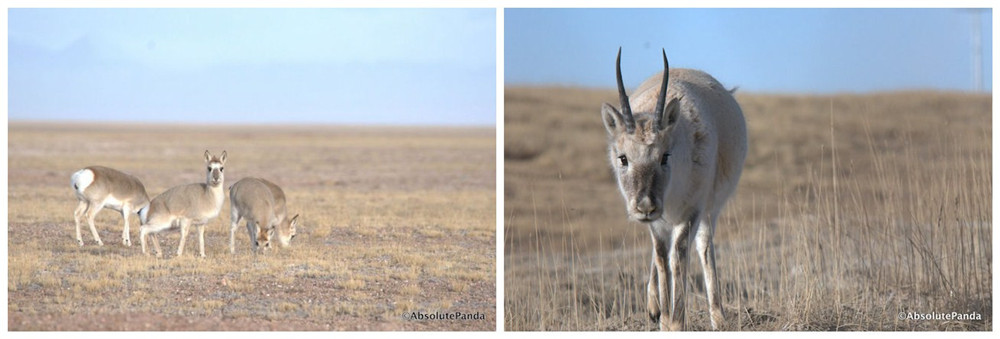Mammals in China
Background
China is home to a variety of mammal species found no where else on the planet. With biomes ranging from jungles and temperate bamboo forests to alpine prairies and deserts, each habitat presents a variety of unique creatures.
Being the most populous country, there is tremendous pressure exerted on Chinese wildlife in the wilderness areas surrounding human communities. The friction experienced where people meet with animal populations comes at a great cost to the wildlife. The visibility of wildlife becomes poorer and poorer, even in the core of their habitat. Fortunately, there is heightened awareness to conservation efforts.
The Best Protection is from Education
In China, wildlife tourism is still a somewhat undeveloped industry. However, the younger generation has started to show more and more interest in exploring the natural world. By participating in a tour with Absolute Panda, your patronage contributes to the preservation of these wild animals and their habitat.

Rhesus Macaque in Sichuan Nature Reserve (left)and Black Snub-nosed Monkey in nature(right)

Wild Yak in Tibetan region and Baby Takin in Sichuan Nature Reserve

Tufted Deer on 318 national road and Blue Sheep in Tibetan region

Pika in Tibetan region and Himalayan Marmot

Tibetan Gazelle and Tibetan Antelope in Kekexili Nature Reserve
1. Diverse tour options. Our team has expertise in a wide variety of different tour themes such as culture, wildlife, birding, etc. Your group will have every opportunity to design a tour that suits your desires.
2. Quality assurance. For all our China wildlife tours, we emphasize a process of appreciation and enjoyment for our guests. We work hard to ensure the destinations we visit give our guests an authentic adventure. We are trying to show you the rich nature in the panda habitats and beyond, based on your personal interests.
3. Expert guiding. We have a team of wildlife guides who can help you find and identify those animals you have encountered during your tour in China. Most of our team members have worked in the eco-tourism field for over ten years. They all have bachelor or master’s degrees ranging from Ornithology, Eco-Environment Protection to Forestry.
4. Our commitment to responsible eco-tourism principles. We believe the best way to help wildlife is through awareness and appreciation. By bringing nature lovers to see these animal in the wild, their patronage supports responsible eco-tourism efforts. By learning more about these species and what threatens their survival, we are raising awareness amongst those who join our tours.
 info@absolutepanda.com
info@absolutepanda.com






